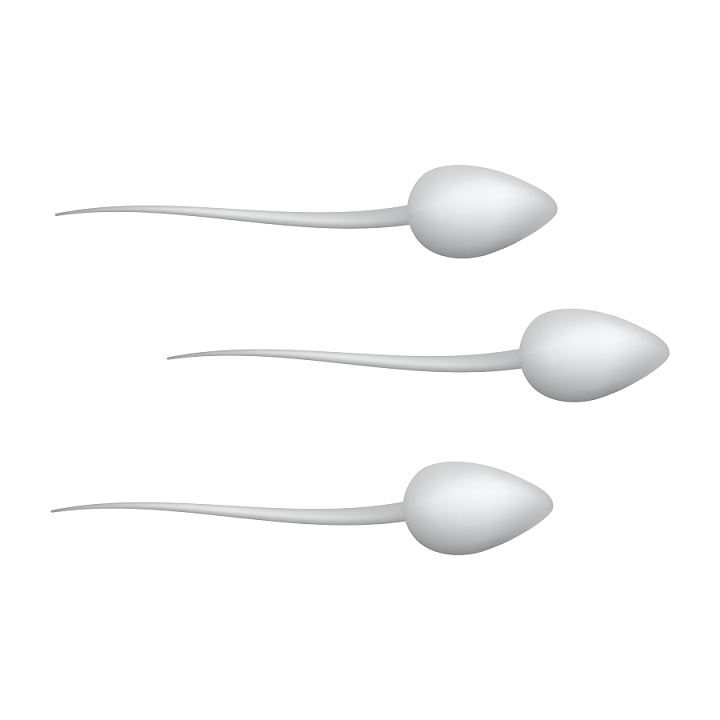
Understanding Your Fertility
October 8, 2019
Keep Your Relationship Strong During Infertility
October 22, 2019An Excerpt from Fertility & Beyond: Join the Conversation
By Natalie Burger, MD, Reproductive Endocrinologist
With each infertility treatment option, there are different pros and cons in terms of cost, success rate, commitment of time, and physical toll on the patient.
Giving people realistic numbers and the most information possible, without being overwhelming, is also important.
Treatment plan strategies
Every patient and every couple is going to be different in terms of their expectations and what they’re willing and able to do. The vast majority of infertility is treated with conventional medical therapies like medication or surgery.
Quite commonly, we see women who are coming in with irregular periods. Additionally, we know they are having irregular or absent ovulation. Since that’s a key factor in getting pregnant to begin with, oftentimes we can simply treat these patients with an inexpensive medication used to regulate ovulation, such as Femara.
With any treatment option, we also discuss lifestyle modifications (like weight loss and even acupuncture) that can also make a big difference.
Lifestyle can play a significant role in fertility. For example, things like body mass index, caffeine intake, smoking or even erratic eating may actually impact fertility.
In Vitro Fertilization (IVF) is indicated in a small percentage of infertility workups. Typically, this is done when a patient has blocked tubes, requires genetic testing of embryos, has sperm issues that cannot be treated with IUIs, or requires donor eggs.
Unexplained fertility is diagnosed when there is no “correctable” cause of infertility.
A significant percentage of patients come to us with unexplained infertility. This diagnosis is given once we’ve done all the basic fertility testing. And there’s nothing in the testing or in the patient’s or partner’s histories that gives a reason for infertility.
Unexplained infertility affects about 1 in 5 couples that we see, and we have a number of different treatments to offer – anything from acupuncture, to insemination, and all the way up to IVF.
It’s important to know that unexplained infertility is quite common and can be treated successfully, even though sometimes it does require treatments like IVF. But a lot of patients DO NOT require as involved a treatment as IVF for unexplained infertility.
About Natalie Burger, MD, Reproductive Endocrinologist
Dr. Burger is Board Certified in both Obstetrics & Gynecology and Reproductive Endocrinology & Infertility. She has special interests in hysteroscopic surgery, ovulation induction, PCOS, hypothalamic amenorrhea, and recurrent pregnancy loss.
Natalie began her studies in molecular biology at MIT—but realized that women’s health was of particular interest to her. She ended up working in a laboratory where she learned about the field of infertility. She knew that she wanted to specialize in women’s health and thought that obstetrics would be the field of focus. In the end, she realized that infertility treatment and surgery were what really drew her toward the field of Reproductive Endocrinology and Infertility.
Reproductive medicine is an ever-changing and dynamic field where she can be a very important part of people’s lives at a point when they’re really struggling and facing personal challenges. She considers it a privilege to work with these special couples and patients in their quest to grow their family.
Contact Information:
Phone: (512) 451-0149
Website: http://txfertility.com
Get your copy of Fertility and Beyond: Join the Conversation on Amazon.





